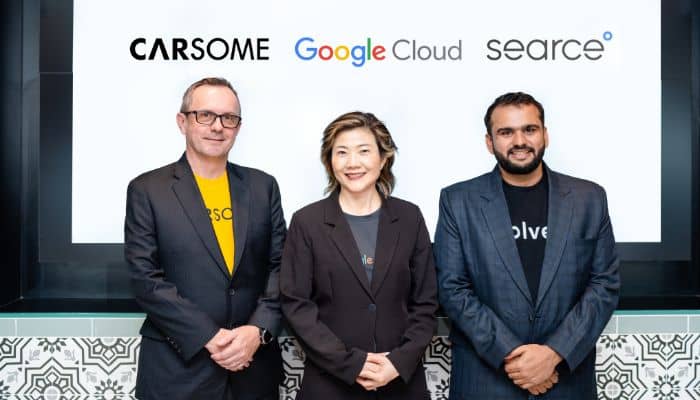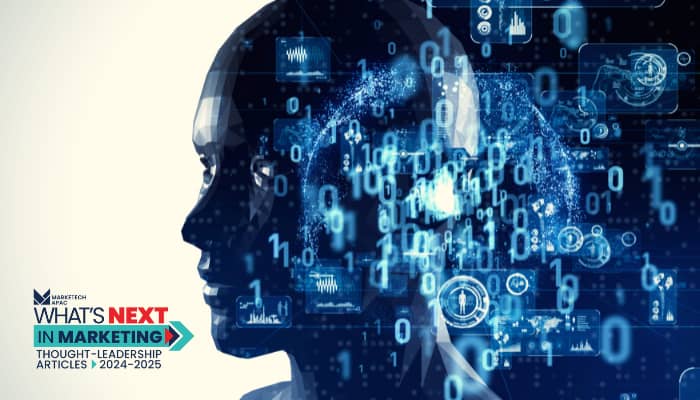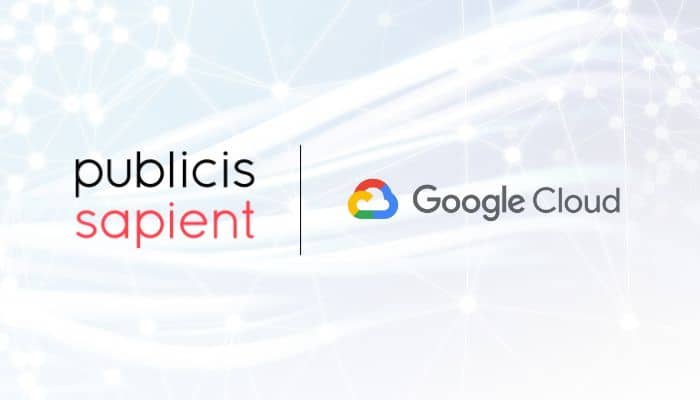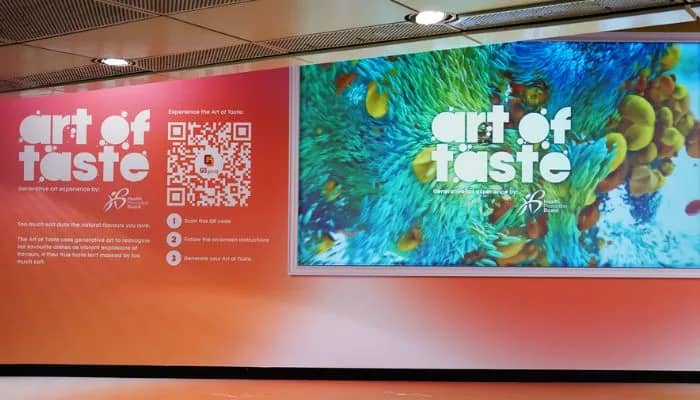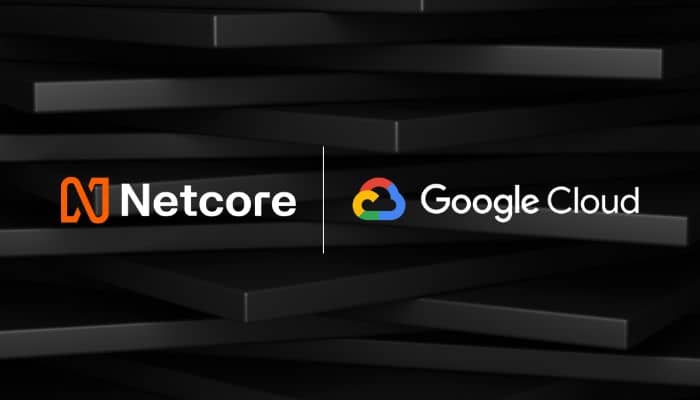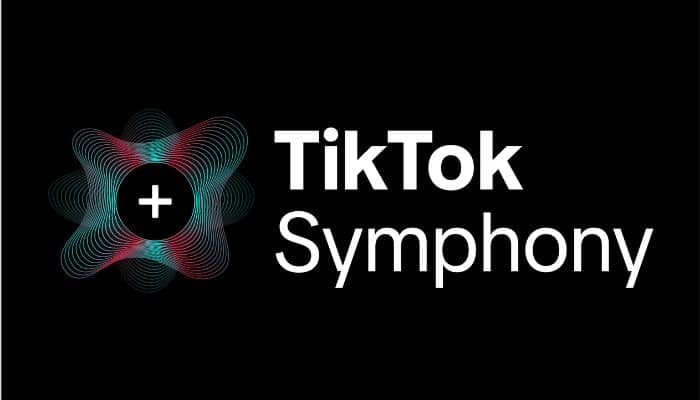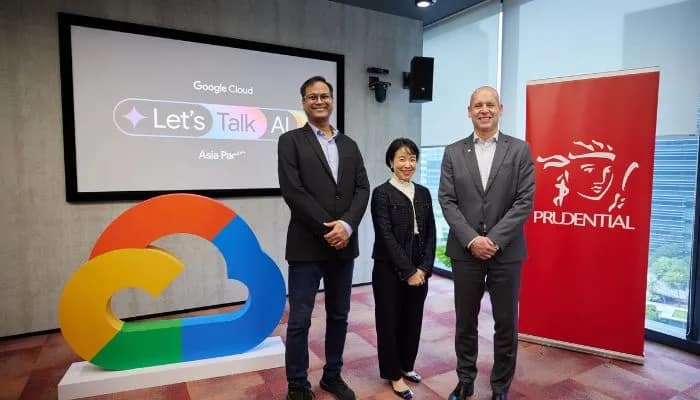Singapore – CARSOME Group has announced a multi-year collaboration to fuel CARSOME’s continued expansion and growth in the markets where it operates. With Google Cloud as its new preferred cloud provider, CARSOME aims to deliver more dynamic and differentiated car transaction and ownership experiences to drive its next phase of growth.
Said collaboration will use Google Cloud’s industry-leading platform services across modern infrastructure, cybersecurity, data analytics, and generative AI (GenAI) to further enhance the car transaction and ownership experience for consumers and used car dealers, thereby solidifying CARSOME’s position as a leading integrated car e-commerce platform in Southeast Asia.
The transition to a modern infrastructure cloud will ultimately increase the scale and velocity at which CARSOME delivers new and enhanced services through its digital applications (e.g., the CARSOME consumer app, CARSOME CARagent, CARSOME CARdealer), refurbishment facilities, inspection centers, and experience centers to better serve used car buyers, sellers, and dealers.
To strengthen its security posture, uphold compliance requirements, and reinforce customer trust, CARSOME is leveraging Google Cloud’s built-in data access controls and Security Command Center for advanced threat detection and response across its consolidated cloud systems.
In addition to accelerated software development cycles and projected cost savings, CARSOME’s move to Google Cloud will give its teams access to granular insights that enable improved business decision-making and hyper-personalised customer engagement. This is the result of CARSOME’s first-party data being warehoused on Google Cloud’s BigQuery platform, integrated with Google Cloud’s Looker platform for business intelligence and Google Marketing Platform.
Through native integrations between BigQuery and Google Cloud’s Vertex AI platform, CARSOME can centrally process and stream data in all formats (i.e., structured and unstructured) to enhance the performance of its existing AI applications.
Kjetil Rohde Jakobsen, group chief technology officer at CARSOME Group, said, “At CARSOME, we’ve been digitising the used car industry with the help of advanced technologies since 2015. With our business continuing to experience significant growth, we saw an opportunity to strengthen our digital foundation to better support our expanding operations and drive even greater efficiencies.”
He added, “Shifting from a multicloud environment to Google Cloud not only helps us realise cost savings due to its infrastructure’s better price-performance; it also allows us to access secure-by-design, full stack capabilities across data analytics and AI. This will enable our teams to deliver more dynamic and differentiated solutions and experiences for CARSOME customers and partners across the region, from car listings and discovery, to financing and transacting, to after-sales support.”
CARSOME is also taking advantage of BigQuery and Vertex AI Agent Builder to embed semantic search capabilities into its internal tools. This will enable employees across departments and functions to intuitively extract relevant information from CARSOME’s vast and continuously expanding enterprise knowledge base. With GenAI turning information retrieval tasks that take hours into quick searches or conversational exploration, marketing and product teams, for instance, can more easily create educational content and enhanced solutions to address the evolving needs of car buyers and sellers.
Meanwhile, Yash Thakker, director of solutions consulting for Asia-Pacific at Searce, commented, “We’re proud to be facilitating CARSOME’s cloud consolidation, which will optimise its cloud spend by as much as 30%. These cost savings can then be redeployed toward other strategic innovation initiatives that deliver top-line growth for the business, such as the potential development of next-generation conversational AI agents that autonomously and effectively handle common customer queries for relevant information, freeing up CARSOME’s customer support staff to address more complex issues. With a full team of certified in-house experts, Searce is well-positioned to support companies’ full-scale infrastructure migration to Google Cloud and the technical implementation of cutting-edge Google Cloud AI solutions.”
Lastly, Serene Sia, country director of Malaysia and Singapore at Google Cloud, stated, “By running its business on fully managed Google Cloud infrastructure that scales reliably to handle the increasing performance needs of any application, CARSOME can expand its operations with confidence, from increasing its penetration in existing markets, to expanding its inventory of pre-owned vehicles, to streamlining the movement of vehicles between inspection centers, refurbishment facilities, and customers. Together with Searce, we look forward to completing CARSOME’s cloud consolidation and advancing its innovation roadmap, which includes harnessing GenAI and agentic AI to create more personalised and seamless car transaction and ownership experiences, delivering new engines of growth for its business.”

